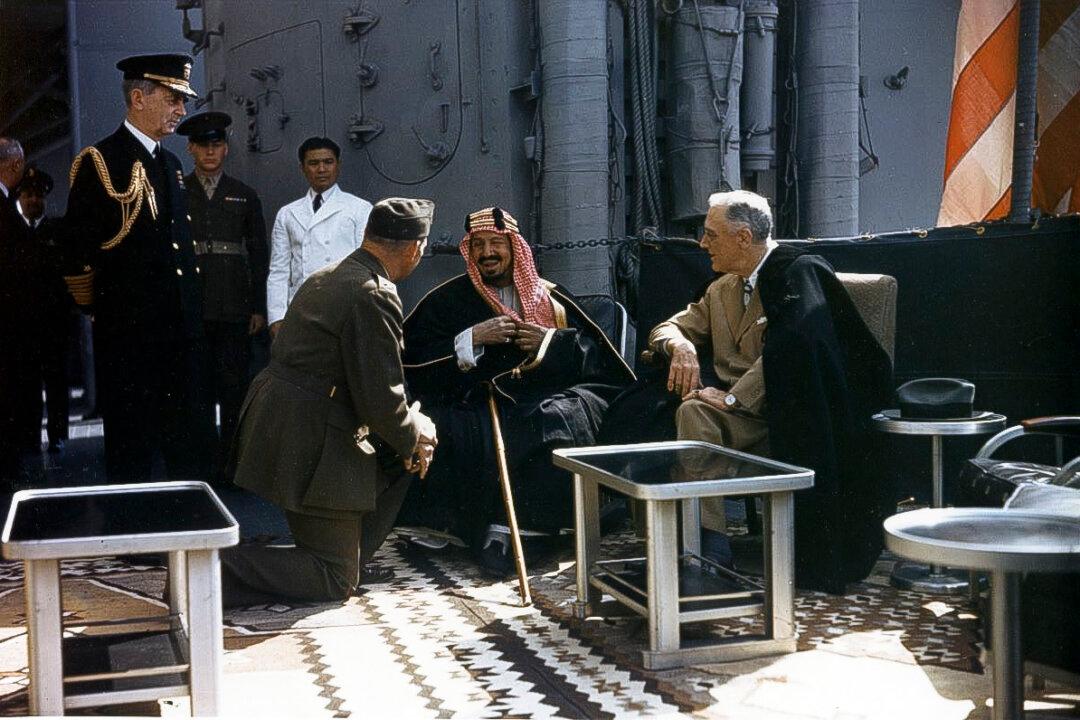The tragedy at Mers El-Kebir on July 3, 1940, illustrates the complexities of war. When it comes to World War II, most know the surface material that Germany and Soviet Russia invaded Poland in 1939; France fell to Germany in June 1940, resulting in the puppet Vichy France government and a counter Free French government-in-exile; and that Britain fought practically by itself until the Germans invaded Russia in June 1941 and the Japanese attacked Pearl Harbor in December 1941. Common knowledge is that there were ultimately two competing sides: the Axis Powers of Germany, Italy and Japan, and the Allied Powers of Great Britain, Soviet Russia, and the United States. And certainly there are complexities within these arrangements, but for the most part, they are rather straightforward. The relationship between the French and the British leading up to and after July 3, 1940, is anything but straightforward.
An Insightful Study on the Complexity, Tragedy of Mers El-Kebir
Ryan Noppen’s ‘Mers El-Kebir 1940’ presents the British and French perspectives on whether an attack on a former ally was or was not necessary.

Operation Catapult, which took place in July 1940, was a difficult decision that had to be made.
In Ryan K. Noppen’s new study, “Mers El-Kebir 1940: Operation Catapult,” he breaks down the geopolitical and geostrategic complexities that resulted in the British feeling compelled to attack the French fleet in the Mediterranean. Perhaps this attack is known to many readers, but what may not be known is why the attack was deemed completely necessary by the British, but completely unnecessary by the French, and how the attack understandably led to heightened French bitterness toward the British, but also how the attack resulted in increased support from the Americans—a move that arguably saved the British Isles from capitulation.





